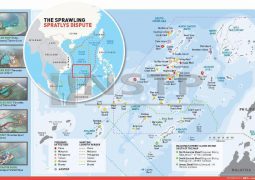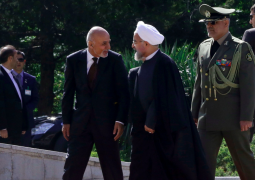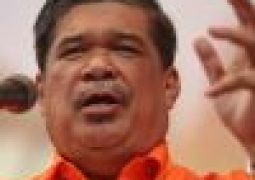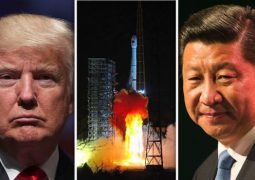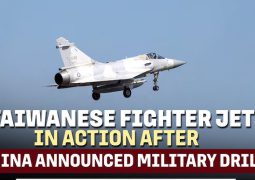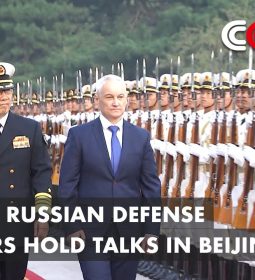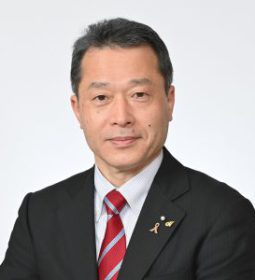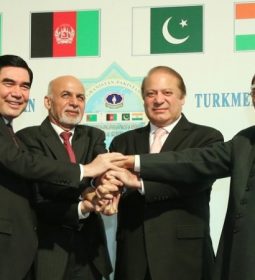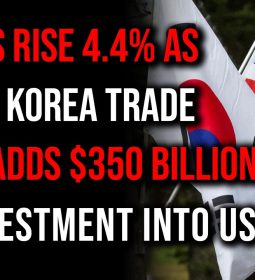Taipei says: Axing USAID: A loss for Taiwan

-
By Y. Tony Yang
The United States Agency for International Development (USAID) has long been a cornerstone of US foreign policy, advancing not only humanitarian aid but also the US’ strategic interests worldwide. The abrupt dismantling of USAID under US President Donald Trump ‘s administration represents a profound miscalculation with dire consequences for global influence, particularly in the Indo-Pacific. By withdrawing USAID’s presence, Washington is creating a vacuum that China is eager to fill, a shift that will directly weaken Taiwan’s international position while emboldening Beijing’s efforts to isolate Taipei.
USAID has been a crucial player in countering China’s global expansion, particularly in regions where Beijing has aggressively deployed its Belt and Road Initiative. Over the years, USAID has facilitated infrastructure development, economic assistance and governance reforms in key areas targeted by China. By providing an alternative to China’s often exploitative financing schemes, USAID has helped partner nations resist Beijing’s economic coercion and preserve their sovereignty.
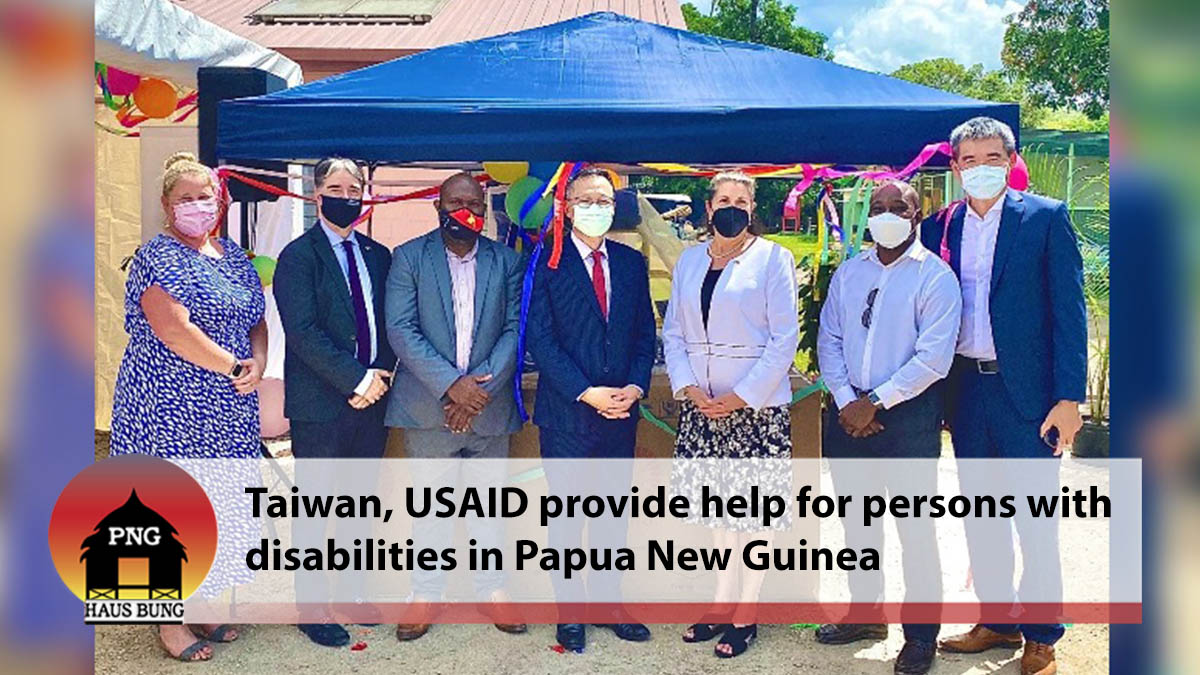
The Trump administration’s decision to shutter USAID ignores the reality that foreign aid is not just about humanitarian goodwill — it is a strategic tool in geopolitical competition. Analysts have warned that this move is a “self-inflicted wound” that hands China an opportunity to increase its influence, particularly in regions where Washington has previously maintained an edge through soft power and economic partnerships. Without USAID’s support, US allies and partners in the Global South — including Taiwan’s remaining diplomatic partners — will be forced to turn to China, further strengthening Beijing’s ability to pressure nations to sever ties with Taipei.
Taiwan has relied on US support to maintain its diplomatic alliances, particularly in Latin America and the Pacific Islands — regions where China has aggressively sought to flip governments toward its “one China” policy. USAID has played a quiet but crucial role in shoring up these alliances by providing funding, infrastructure development and humanitarian assistance that counterbalances Chinese influence.
USAID has supported Taiwan’s diplomatic partners by funding critical development projects, economic assistance programs and disaster resilience initiatives. With USAID now dismantled, these governments might have no choice but to accept China’s overtures, which often come with political strings attached, including the demand to break formal relations with Taiwan.
Furthermore, USAID has contributed directly to Taiwan’s security and crisis preparedness. Through joint training programs and disaster response initiatives, the agency has helped Taiwan develop capabilities to withstand potential economic or military pressure from China. Removing this support leaves Taiwan more vulnerable to coercion and erodes Washington’s ability to strengthen Taipei’s resilience in the face of growing Chinese aggression.
China has long used economic diplomacy as a tool to isolate Taiwan. Through initiatives like “stadium diplomacy” and infrastructure loans, Beijing has strategically built goodwill in developing nations, often in exchange for political support on issues like Taiwan and the South China Sea.
The sudden withdrawal of USAID allows China to expand its influence unchecked. With the US pulling out of critical aid programs, China will be able to step in, further embedding itself in nations that might otherwise have resisted its advances. This shift will not only weaken Taiwan’s diplomatic standing but also reduce the number of governments willing to stand up to Beijing in international organizations like the UN and the WHO.
Beyond the immediate impact on Taiwan, the destruction of USAID undermines the broader credibility of US foreign policy. Countries that once relied on US assistance will view Washington as an unreliable partner, while China will position itself as a more dependable and generous ally. The long-term cost of this decision will be a diminished ability for the US to shape global norms, maintain alliances, and counter authoritarian influence.
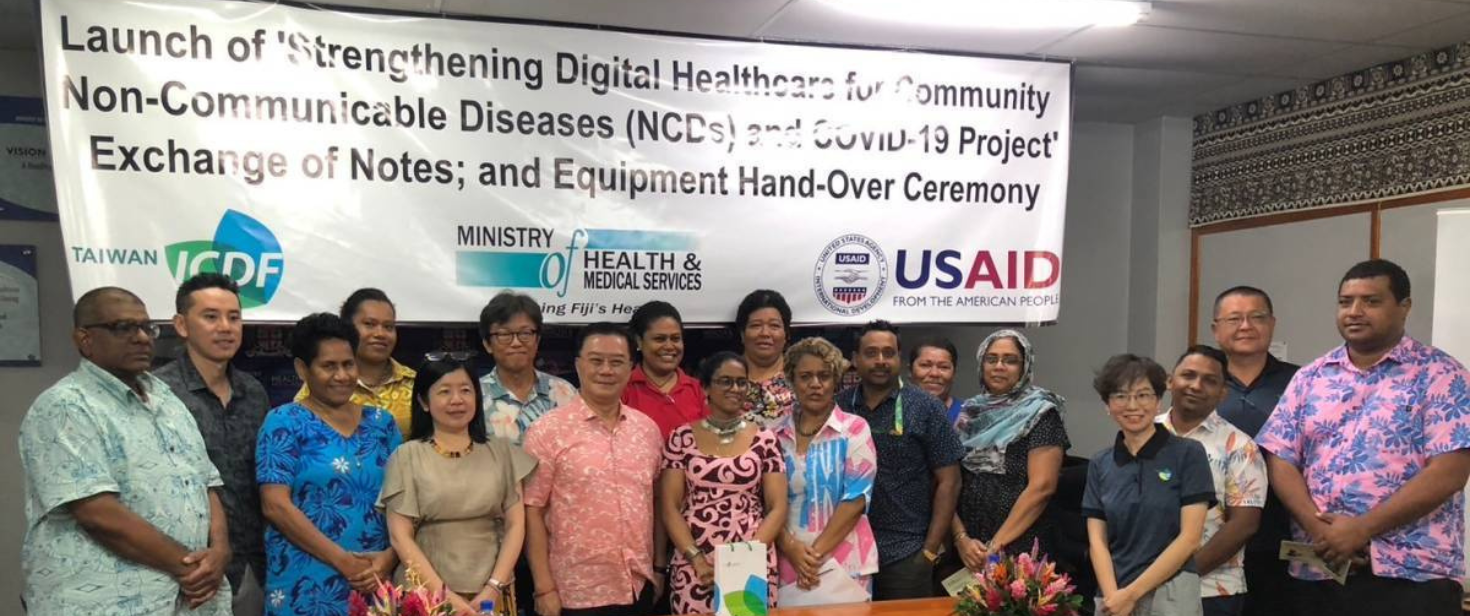
Moreover, the loss of USAID erases decades of US investment in institutions that promote democracy, transparency and good governance — principles that serve as a counterbalance to China’s authoritarian model. By effectively surrendering this battleground, the US is allowing China to reshape international development in its own image, to the detriment of Taiwan and democratic allies worldwide.
The dismantling of USAID is a short-sighted decision that will have far-reaching consequences for US global influence, Taiwan’s diplomatic survival, and China’s geopolitical ambitions. By ceding this critical tool of soft power, the US is not only abandoning its allies, but also giving Beijing an unparalleled opportunity to expand its reach. If Washington hopes to maintain its leadership role and protect Taiwan’s standing, reversing this policy should be a top priority.
Y. Tony Yang is an endowed professor and associate dean at George Washington University in Washington
- Previous “Ukraine 2.0” of Pasific: Taiwan to buy 3 sets of US surface-to-air NASAMs for $761 million
- Next Common sense wins: Tulsi Gabbard confirmed as US director of national intelligence




